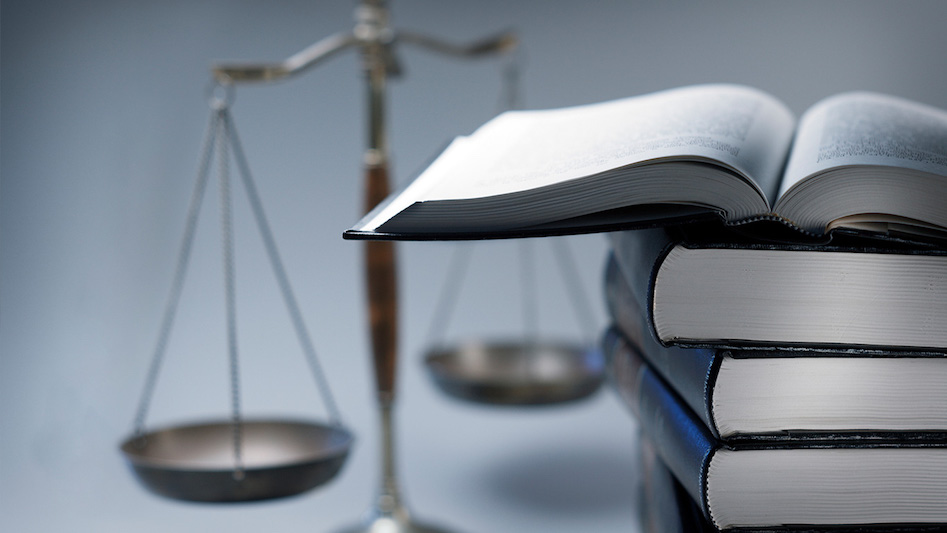Psychiatric forensic evaluations are a specialized area of mental health assessment that combines psychiatric expertise with legal considerations. These evaluations play a crucial role in legal proceedings and are conducted by trained forensic psychiatrists or psychologists. They aim to provide objective, expert opinions on an individual’s mental state or capacity within the context of legal issues. Here, we delve into what psychiatric forensic evaluations entail and how they contribute to the justice system. People often feel that asking for help is scary, especially when it comes to mental health. Unfortunately, there has been a stigma placed on the notion of getting help through Counseling, Mental Health, or other Psychiatric services. However, asking for help is a sign of strength as it indicates that all of us are not alone and need some support from others.
Key Components of Psychiatric Forensic Evaluations:
Objective Assessment: Forensic evaluations prioritize objectivity and impartiality. Evaluators do not advocate for the individual being assessed but rather provide an unbiased assessment of their mental state.
Legal Context: These evaluations are typically conducted to assist in legal matters such as criminal cases, civil lawsuits, competency hearings, and custody disputes. They address questions related to an individual’s mental fitness, responsibility, or capacity to make legal decisions.
In-Depth Interviews: Forensic psychiatrists or psychologists conduct extensive interviews with the individual under evaluation. These interviews explore the individual’s mental health history, behaviors, and any relevant psychological factors.
Review of Records: Evaluators often review medical records, police reports, witness statements, and other relevant documents to gather comprehensive information.
Psychological Testing: Depending on the case, psychological tests may be administered to assess cognitive functioning, personality traits, and other factors that may be relevant to the legal issue.


Common Types of Psychiatric Forensic Evaluations:
- Competency to Stand Trial
- Criminal Responsibility (Insanity) Evaluations
- Records Review
- Violence Risk Assessments
- Sentencing Evaluations
- Sentencing Evaluations
Role in the Legal System: Psychiatric forensic evaluations provide valuable information to judges, attorneys, and juries, helping them make informed decisions in legal cases. They bridge the gap between mental health and the legal system, ensuring that individuals with mental health conditions receive fair treatment and that legal proceedings are conducted justly.
Psychiatric forensic evaluations are a critical component of the legal system, combining psychiatric expertise with legal considerations to inform legal decisions. These evaluations uphold the principles of fairness, justice, and the protection of individuals’ rights within the legal framework.
